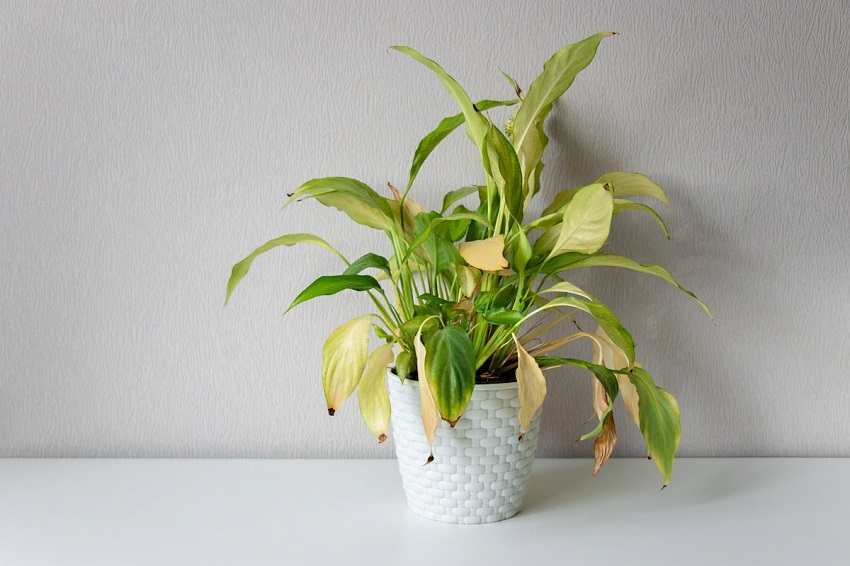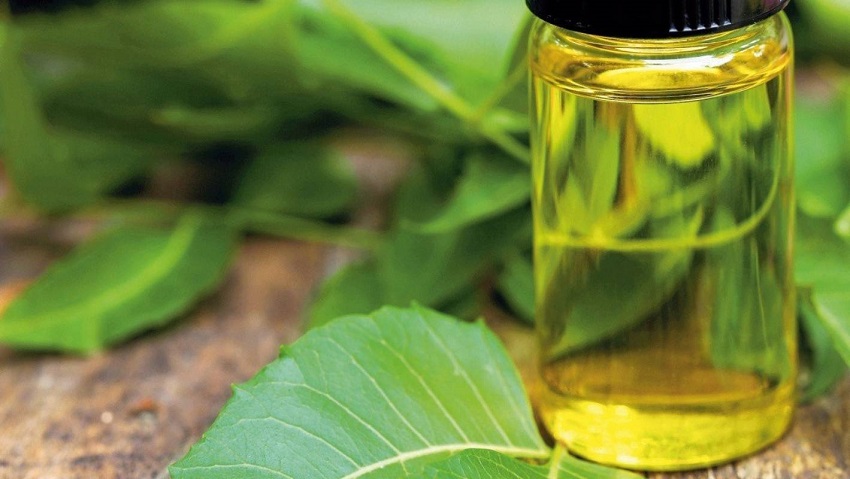Neem oil is a popular natural remedy with a wide range of uses, from skincare to gardening. Derived from the seeds of the neem tree (Azadirachta indica), this versatile oil has gained recognition for its potent properties. However, as with any product, it’s important to understand the potential consequences of overusing neem oil. In this article, we will delve into the effects of excessive neem oil application and explore how to find the right balance for optimal results.
Understanding Neem Oil
If you’re facing problems with hydrangeas in pots, neem oil can be a great solution. Before we dive into the effects of using too much neem oil, let’s first understand its composition and the reasons behind its popularity. Neem oil contains several beneficial compounds, including fatty acids, triglycerides, and various active ingredients such as azadirachtin, nimbin, and salannin. These components contribute to the oil’s antifungal, antibacterial, and insecticidal properties.
The Benefits of Neem Oil
Neem oil has gained significant attention in various industries due to its numerous benefits. Here are some of the key advantages associated with neem oil usage:
1. Skincare:
Neem oil is often used in skincare products due to its moisturizing and nourishing properties. It can help soothe dry skin, reduce inflammation, and alleviate certain skin conditions like eczema and acne. However, it’s essential to dilute neem oil before topical application to prevent skin irritation.
2. Hair Care:
Neem oil can promote healthy hair by nourishing the scalp, combating dandruff, and strengthening the hair follicles. Regular use of neem oil can contribute to healthier, shinier, and more manageable hair.
3. Pest Control:
Neem oil serves as a natural alternative for controlling pests in gardens and agricultural settings. Its insect-repellent properties make it effective against a wide range of pests, including aphids, mites, and whiteflies.
4. Plant Protection:
In addition to repelling pests, neem oil can also prevent the growth of fungal diseases, such as powdery mildew and rust, in plants. Its antifungal properties make it a valuable tool for gardeners striving to maintain healthy plants.
The Risks of Overusing Neem Oil
While neem oil offers numerous benefits, excessive or improper use can lead to undesirable outcomes. It’s crucial to understand the potential risks associated with using too much neem oil:
1. Plant Damage:
Using an excessive amount of neem oil on plants can result in phytotoxicity, causing damage to leaves and inhibiting plant growth. Neem oil should be applied according to the recommended dosage and frequency to prevent any negative impact on the plants.
2. Skin Irritation:
Neem oil, when used undiluted or in high concentrations, can cause skin irritation and allergic reactions in some individuals. It’s important to perform a patch test and dilute neem oil properly before applying it to the skin. If any adverse reactions occur, discontinue use and consult a healthcare professional.
3. Harm to Beneficial Insects:
While neem oil is effective against harmful pests, it can also affect beneficial insects such as bees and ladybugs if used excessively. These insects play a vital role in pollination and natural pest control, so it’s crucial to apply neem oil judiciously to avoid harming them.
Finding the Right Balance
To maximize the benefits of neem oil while minimizing the risks, it’s essential to find the right balance in its usage. Here are some tips to help you use neem oil effectively:
1. Follow Instructions:
Always read and follow the instructions provided by the manufacturer when using neem oil. This includes information on the recommended dilution ratios, application methods, and frequency of use.
2. Conduct Patch Tests:
Before applying neem oil to your skin, perform a patch test on a small area to check for any adverse reactions. This step is especially important for individuals with sensitive skin or existing skin conditions.
3. Dilute Properly:
To prevent skin irritation and plant damage, dilute neem oil with a suitable carrier oil or water according to the recommended ratios. This will ensure that the concentration of active compounds is appropriate for safe usage.
4. Apply Sparingly:
Use neem oil sparingly and only when necessary. Avoid overapplication, particularly on plants, as excessive use can harm both the plants and beneficial insects.
5. Monitor Results:
Regularly assess the impact of neem oil on your skin or plants. If you notice any adverse effects, adjust the dosage or frequency of application accordingly.
Conclusion
Neem oil is a valuable natural product with numerous benefits for skincare, hair care, pest control, and plant protection. However, it is important to use neem oil in moderation and follow the recommended guidelines to avoid potential risks. By finding the right balance and understanding the limitations of neem oil, you can harness its power while safeguarding your skin, plants, and the environment.













